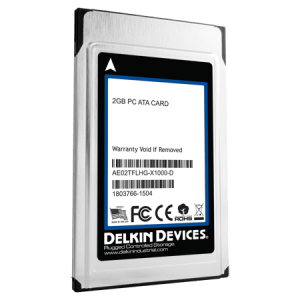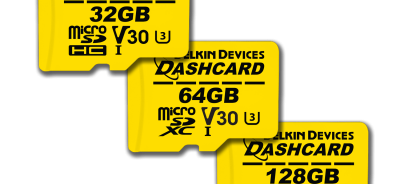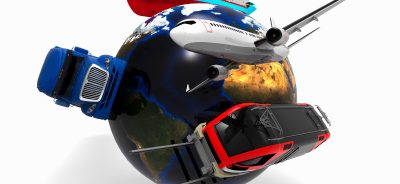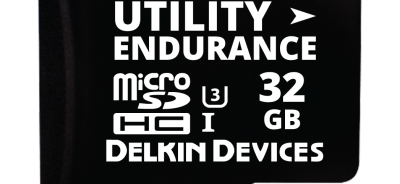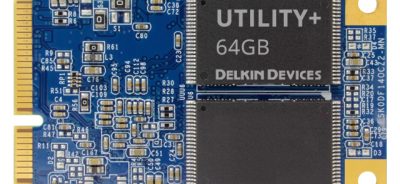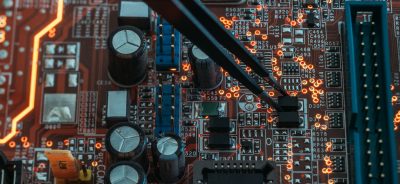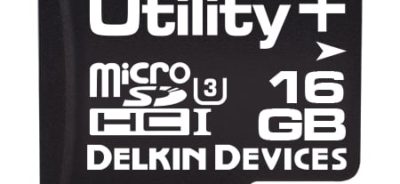Taking a Closer Look at the Industrial PCMCIA Card
Industrial PCMCIA cards are not as common as they once were, but they can still be found in a number of applications. They have been on the market since 1990, and were introduced after the Personal Computer Memory Card International Association (PCMCIA) was formed in 1989. The group created specific standards for the cards. This ensured that users could feel confident that the cards they purchased would meet their expectations. Here is what you need to know about industrial PCMCIA cards.
Legacy Product
Since PCMCIA cards were brought to the market nearly 30 years ago, it is not surprising that new devices and applications are generally not being designed around this form factor. Many devices that once relied on PCMCIA cards have moved on to other kinds of storage.
However, there are hosts that still use PCMCIA cards as a legacy product. These devices still rely on the PCMCIA form factor, so OEMs need to be able to reorder cards when necessary. They also need the benefits and durability of industrial grade storage.
Industrial PCMCIA Card Features
An industrial PCMCIA card offers the extended temperature ranges that are typical of industrial products. These include a -40 degrees C to 85 degrees C operating temperature range and storage temperature range of -50 degrees C to 100 degrees C. They also have an increased ability to withstand shock and vibration. PCMCIA cards support memory mode, I/O mode, and True IDE mode.
Industrial PCMCIA cards are available in capacities ranging from 128MB to 4GB. They are designed with SLC flash technology, in which one bit of data is stored per cell. The SLC flash standard is part of what makes PCMCIA cards so reliable and long-lasting. SLC flash has a significantly longer lifespan than other forms of flash storage. Saving one bit of data per cell increases the longevity and reduces the risk of lost data, thus contributing to the appeal of using an industrial PCMCIA card as a legacy product.
Special Features
Industrial PCMCIA cards come with wear-leveling algorithms and EEC, with both fixed disk and removable configuration options. They also have a controlled BOM, which means that the firmware, controller, and other critical components will not be changed without advanced notification and a new product number being issued.
If you need an industrial PCMCIA card for a legacy host, contact Delkin. We can assist you with orders and answer any questions you may have about technical specifications.
 Login
Login Register
Register


